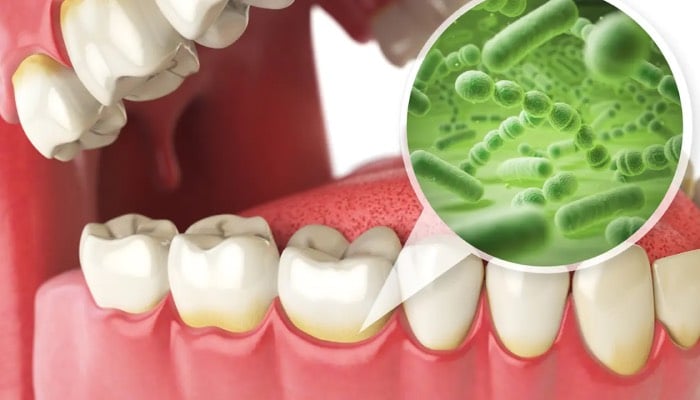
A recent study has discovered that a common type of bacteria, fusobacterium, typically found in the mouth, can dramatically reduce cancer cells in head and neck cancers, surprising researchers with its effectiveness.
The study published in the journal Cancer Communications found that fusobacterium was associated with significantly better outcomes in patients.
The bacteria led to a 70-99% reduction in cancer cells in laboratory dishes within a few days. This unexpected finding has raised hopes for new cancer treatments.
The research, conducted by experts at Guy's and St Thomas' and King's College London in collaboration with international teams, analyzed 155 patients from the Cancer Genome Atlas database. The presence of fusobacterium was linked to a 65% lower risk of death in these patients.
This result was surprising because previous studies had connected fusobacterium to the progression of bowel cancer.
Dr. Miguel Reis Ferreira, the study's senior author, explained that the bacteria seem to play a more complex role than previously understood.
"When you find these bacteria within head and neck cancers, they have much better outcomes," said Dr. Reis Ferreira.
He also noted that in cell cultures, fusobacterium was capable of killing cancer cells.
Dr. Reis Ferreira emphasised the dual nature of fusobacterium, saying, "This research reveals that these bacteria play a more complex role than previously known in their relationship with cancer - that they essentially melt head and neck cancer cells. However, this finding should be balanced by their known role in making cancers, such as those in the bowel, get worse."















